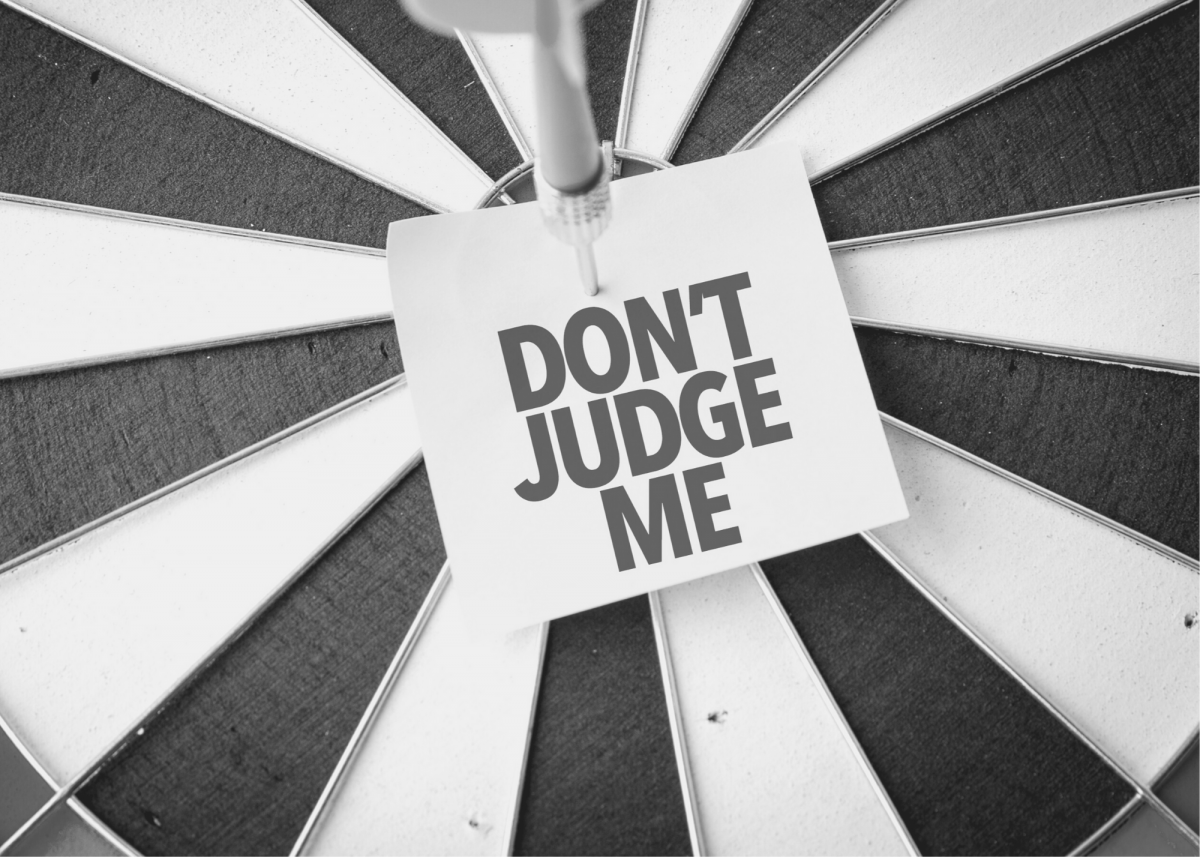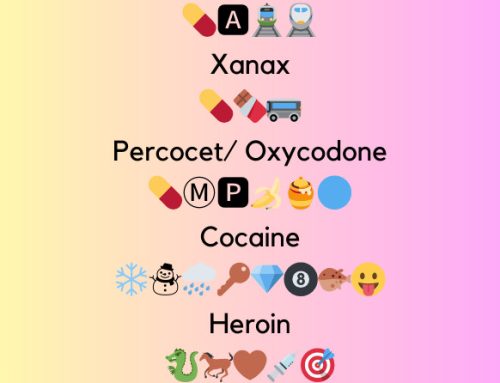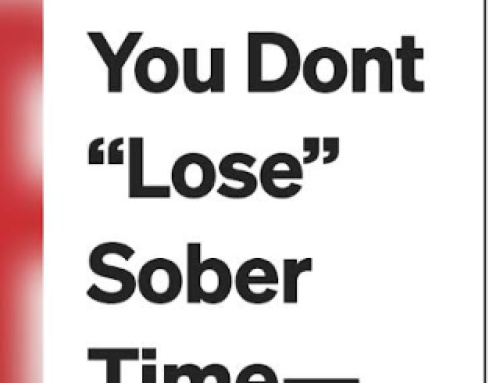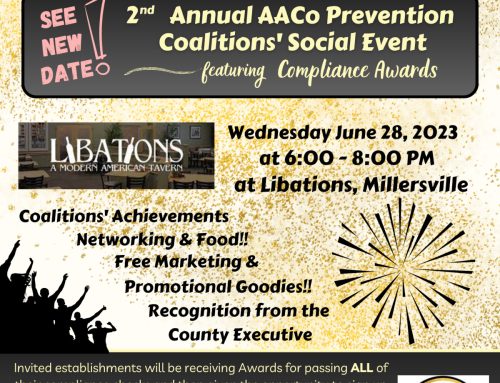
After finally seeing a decrease in opioid-related deaths in Anne Arundel County in 2019, the reports for the first quarter of 2020 show an increase from the same time last year. While the ongoing pandemic certainly plays a part in access to treatment options for those who suffer from Substance Use Disorders (SUDs), there is another factor that plays a large part in whether people with SUD seek treatment at all: stigma.
The stigma of substance use and abuse is the presumption that if a person becomes addicted, it is due to mental weakness, deliberate bad behavior, low moral character, or other flawed personality traits. Those with SUD are well aware of the stigma and many will refuse treatment to avoid the humiliation associated with the disease. It is important to remember that the behaviors that lead to addiction are never intended to reach that end. In the end, addiction is a disease.
“Sure, I’ll try that! I hope I get addicted!” said no one, ever.
Addiction is a disease where the brain is rewired to cause a person to compulsively use a harmful substance (Psychiatry.org, 2017). Once addicted, the cravings can be so intense that the addict will continue to use the substance regardless of the problems it causes in their personal and professional lives, not to mention the physical health issues. This is the point where the stigma of addiction places blame on the addict, shaming them for behaviors they cannot control.
In respect to addiction taking over a person’s life, it is remarkably similar to other diseases that require constant monitoring and control what a person can and cannot do. Think about the behaviors that sometimes cause conditions like diabetes, heart disease, or lung cancer. Once diagnosed, the patient is cared for and given guidelines to follow to improve their quality of life. They must monitor their condition, take medications, and adhere to a restrictive diet. The disease controls much of how they live their lives. They are not scorned for having made poor decisions that may have contributed to the illness. Society does not treat them like potential criminals.
Addicts are people, too. They are people with a chronic illness who are deserving of compassion and care. The discrimination and rejection felt by those with addiction and other behavioral health conditions can be alleviated by learning about how stigma affects others. Some helpful resources can be found at:




